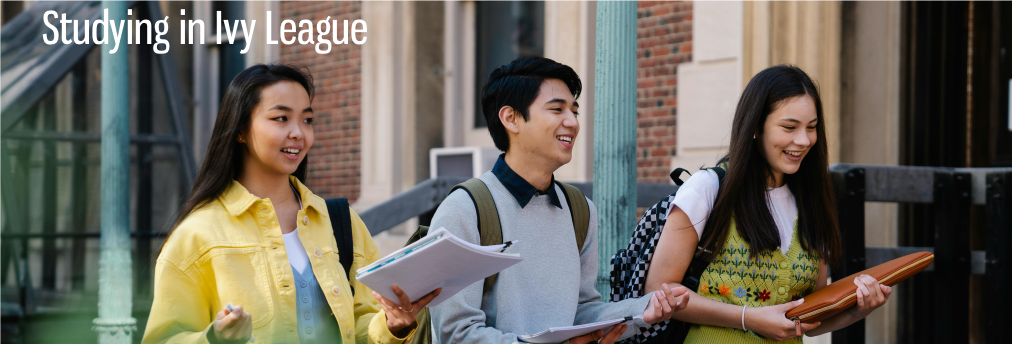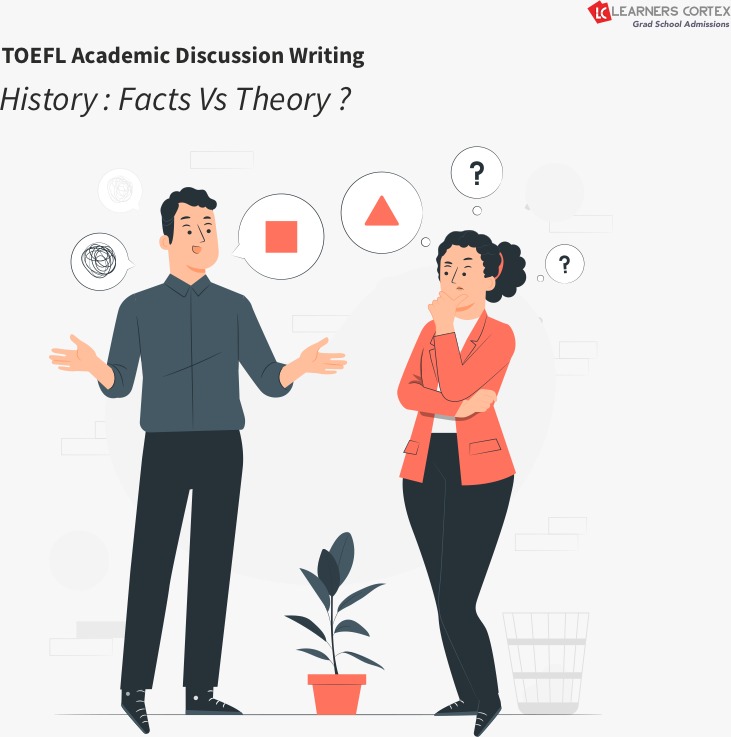- Call: +91-9566252166
- Mail: hands@learnerscortex.com
Anand G Shankar | Content Lead

The Ivy League is a prestigious collegiate athletic conference consisting of eight private institutions located in the northeastern United States. Founded in 1954, the Ivy League is renowned for its academic excellence, rich history, and selective admissions processes.
These institutions are among the oldest and most respected in the United States, with each having its own distinct traditions, strengths, and culture.
In addition to their academic prowess, Ivy League schools also have a storied tradition of athletic competition. The term "Ivy League" originally referred to the athletic conference formed by these schools for intercollegiate sports, and they continue to compete at the highest levels in various sports, particularly in NCAA Division I athletics.
However, it's essential to recognize that the term "Ivy League" extends beyond academics and athletics. It symbolizes a culture of excellence, privilege, and tradition. The Ivy League experience is characterized by small class sizes, close relationships with professors, extensive extracurricular opportunities, and a vibrant campus life. Admission to an Ivy League institution is highly competitive, with acceptance rates typically in the single digits. Applicants are evaluated based on a combination of factors, including academic achievement, standardized test scores, extracurricular activities, essays, and letters of recommendation. However, even with stellar credentials, many qualified applicants are often disappointed due to the sheer volume of applications received by these institutions.
Despite their exclusivity, Ivy League schools are not without criticism. Some argue that their admissions processes perpetuate inequality and privilege, as students from affluent backgrounds often have access to resources and opportunities that give them an edge in the admissions process. Additionally, the high cost of attendance can make these institutions inaccessible to many students, further exacerbating issues of socioeconomic disparity in higher education. Overall, the Ivy League represents a unique blend of academic excellence, athletic tradition, and cultural prestige. While they are not without their challenges and controversies, Ivy League schools continue to attract some of the brightest minds and produce leaders who shape the future of society in various fields. Some of the stellar alumni are Barack Obama (Harvard) Elon Musk (UPenn), Warren Buffett (Columbia), John F. Kennedy (Harvard), Toni Morrison (Cornell) etc.

In the independent section of TOEFL writing, you are required to analyse, explain, and support your opinion on a given issue. The queestion would be based on ...
Detail